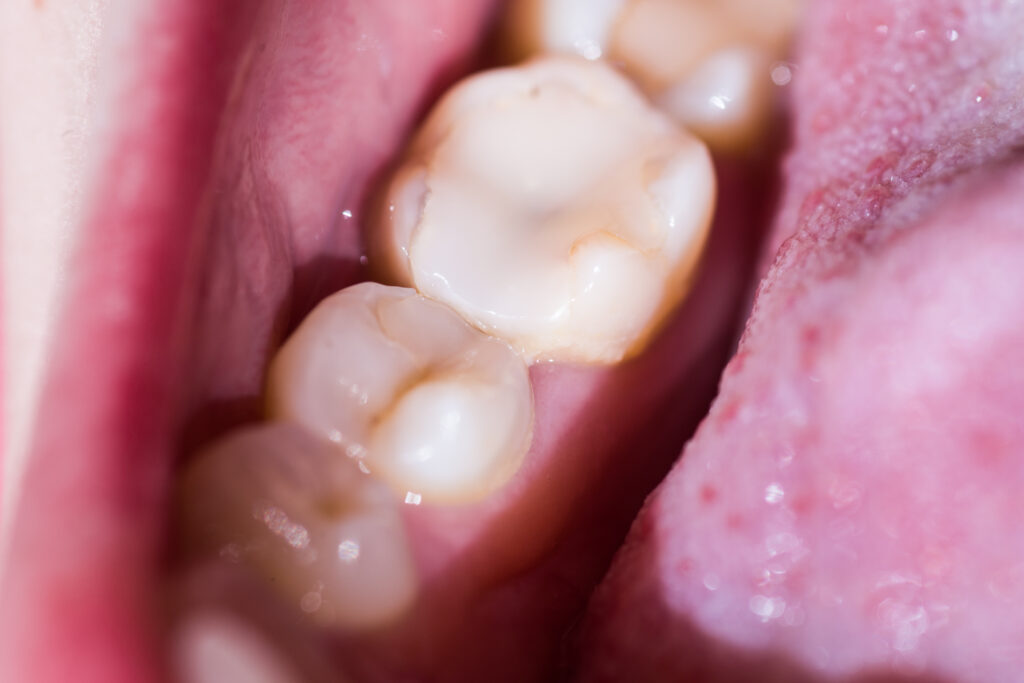Cavities are a common problem for patients of all ages. This happens when bacteria turns into sticky plaque on your dental structure and wears down your enamel, leaving a hole in your tooth. When you are told you have a cavity, your dentist will recommend that you have it restored as soon as possible. In today’s blog, your Ankeny, IA, dentist explains why this is a necessary treatment.
Read more: Do You Have To Get A Filling If You Have A Cavity?This Restoration Stops Decay And Protects Your Tooth
As a general rule, you should visit your dentist twice a year for a cleaning and examination to remove plaque and check for changes in your oral health. Your dentist may check for signs of problems such as cavities, gingivitis, and more. If you are told that you have a cavity, this will need to be treated as soon as possible with a dental filling so that the decay does not worsen. Fillings are often done in a separate appointment and can take less than an hour, depending on how many cavities need to be treated.
When you come in for your restoration, the area will be numbed so that you can be comfortable. The decayed part of your dental structure will be removed before the space is cleaned and a new material is added in place. Composite resin is the new, popular choice for this restoration because it has a lifelike appearance and can easily be bonded to your tooth.
Untreated Cavities Can Lead To Serious Oral Health Problems
If you are told that you have a cavity, it’s important that this is treated as soon as possible. In some cases, your dentist may be able to detect early signs of decay which can be reversed with an improved oral hygiene routine and a fluoride treatment that can help restrengthen your pearly whites. However, if a hole has already formed on your tooth, this will need to be filled immediately. Ignoring this problem can lead to the cavity worsening, which can eventually lead to a severe cavity or infection in the future.
More serious cases of decay may need to be treated with other restorative methods, such as a root canal. This procedure involves removing the damaged pulp within your tooth and is more invasive. After a root canal is done, your dentist may need to add a dental crown to further protect your pearly whites. In more serious cases, you could risk losing a tooth due to decay and would need to replace it eventually with a dental bridge, implant, or other prosthetic option.
Talk To Our Team About Restorations
Dental fillings can help repair your tooth after a cavity. To schedule your appointment, or ask about other restorative options, call Dental Impressions in Ankeny, IA, today at 515-965-0230.



